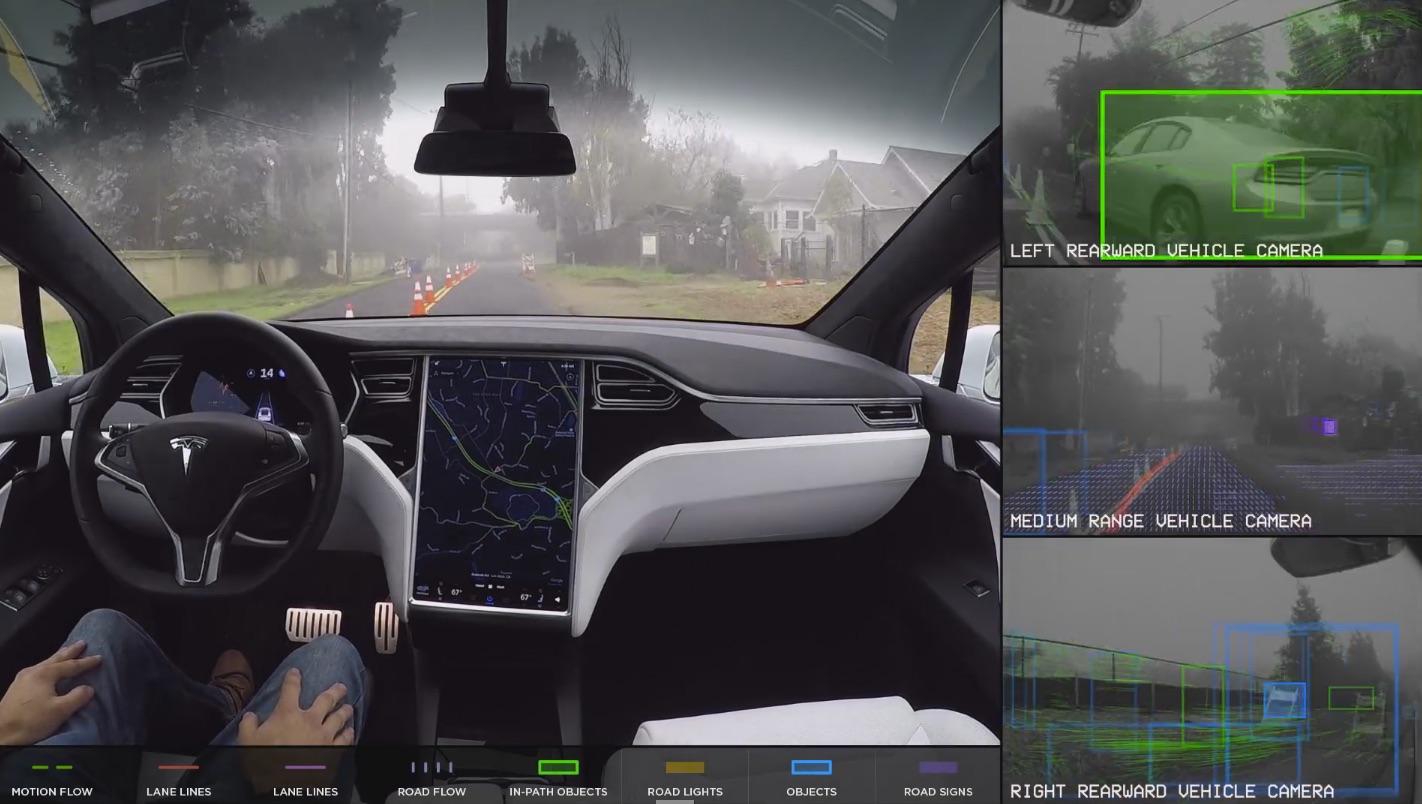
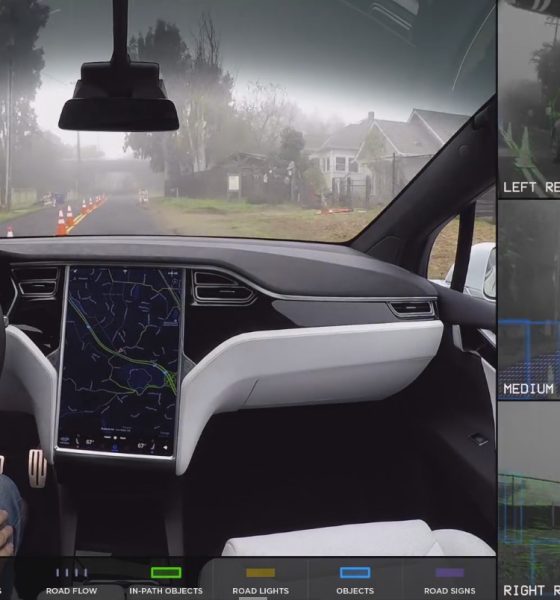
News
Netherlands ranks 1st in autonomous vehicle readiness, US places 3rd
The recently-released Automated Vehicles Readiness Index (AVRI) report by auditing firm KPMG has revealed that the Netherlands is the world’s most autonomous vehicle-ready country. The AVRI, which ranks nations across the globe according to their readiness for self-driving technologies, has also placed the United States in third place, right behind Singapore.
KPMG International evaluated countries according to four particular pillars. To make it to the index’s rankings, nations must perform well on policy and legislation, technology and innovation, infrastructure, and finally, consumer acceptance. The countries’ scores for each pillar are then aggregated and ranked.
Topping the list was the Netherlands, which was the clear world leader in the AVRI. The European nation ranked 1st in infrastructure, 2nd in consumer acceptance, 3rd in policy and legislation, and 4th in technology and innovation. The country’s aggregated score was 27.73 points, placing it well ahead of other nations in the index.
According to an EE Times report, the Netherlands’ impressive performance was attributed largely to its AV-friendly infrastructure. As of writing, the Netherlands boasts the highest density of electric vehicle charging points in the world. By 2016, the European nation already offered 26,789 charging points for the public. The country is also known for its well-maintained road network, which is currently rated as one of the world’s best.
In a statement to Geospatial World News, KPMG Netherlands Digital Advisory Manager Stijn de Groen noted that the country, even at this point, is already prepared for the upcoming autonomous vehicle revolution.
“The Dutch ecosystem for AVs is ready. The intensively-used Dutch roads are very well developed and maintained, and other indicators like telecoms infrastructure are also very strong. In addition, the Dutch government Ministry of Infrastructure has opened the public roads to large-scale tests with self-driving passenger cars and lorries,” the KPMG executive said, according to a GWN report.
AVRI’s second-placer on its rankings is Singapore, topping the list both in policy and legislation as well as consumer acceptance. According to KPMG, the Asian city-state received high marks in these pillars due to its recent amendment to its Road and Traffic Act, which allowed autonomous vehicles to be tested on public roads. Singaporeans were also found to be readily accepting of self-driving cars as a means of transportation.
Singapore also ranked 8th in technology and innovation and 2nd in infrastructure. The Asian city-state earned an aggregated score of 26.08 points.
The United States ranks third in the AVRI, despite ranking first in technology and innovation. Among all the countries in the index, the US earned near-maximum ratings on industry partnerships and research and development hubs, among other factors. The country’s overall score, however, was hampered by its low ratings on patents and overall usage of electric cars. The limited adoption and actual capabilities of fully autonomous vehicles also contributed to the country’s score.
Overall, the US ranked 7th in infrastructure, 10th in policy and legislation and 4th in consumer acceptance. The United States’ aggregated score in the AVRI is 24.75 points.
In a statement to GWN, KPMG US Infrastructure Advisory Principal Timothy D. Wilschetz noted that the country, while highly innovative in the autonomous vehicle sphere, still suffers from several setbacks. Wilschetz believes, however, that US regulators have the power to change this trend.
“The US has a highly innovative but largely disparate environment with little predictability regarding the uniform adoption of national standards for AVs. Therefore, the prospect of widespread driverless vehicles is unlikely in the near future. However, federal policy and regulatory guidance could certainly accelerate early adoption, particularly concerning limited freight applications such as truck platooning.”
Top 10 countries most prepared for the future of autonomous transportation by KPMG
- Netherlands
- Singapore
- United States
- Sweden
- United Kingdom
- Germany
- Canada
- United Arab Emirates
- New Zealand
- South Korea

Elon Musk
Elon Musk’s net worth is nearing $800 billion, and it’s no small part due to xAI
A newly confirmed $20 billion xAI funding round valued the business at $250 billion, adding an estimated $62 billion to Musk’s fortune.
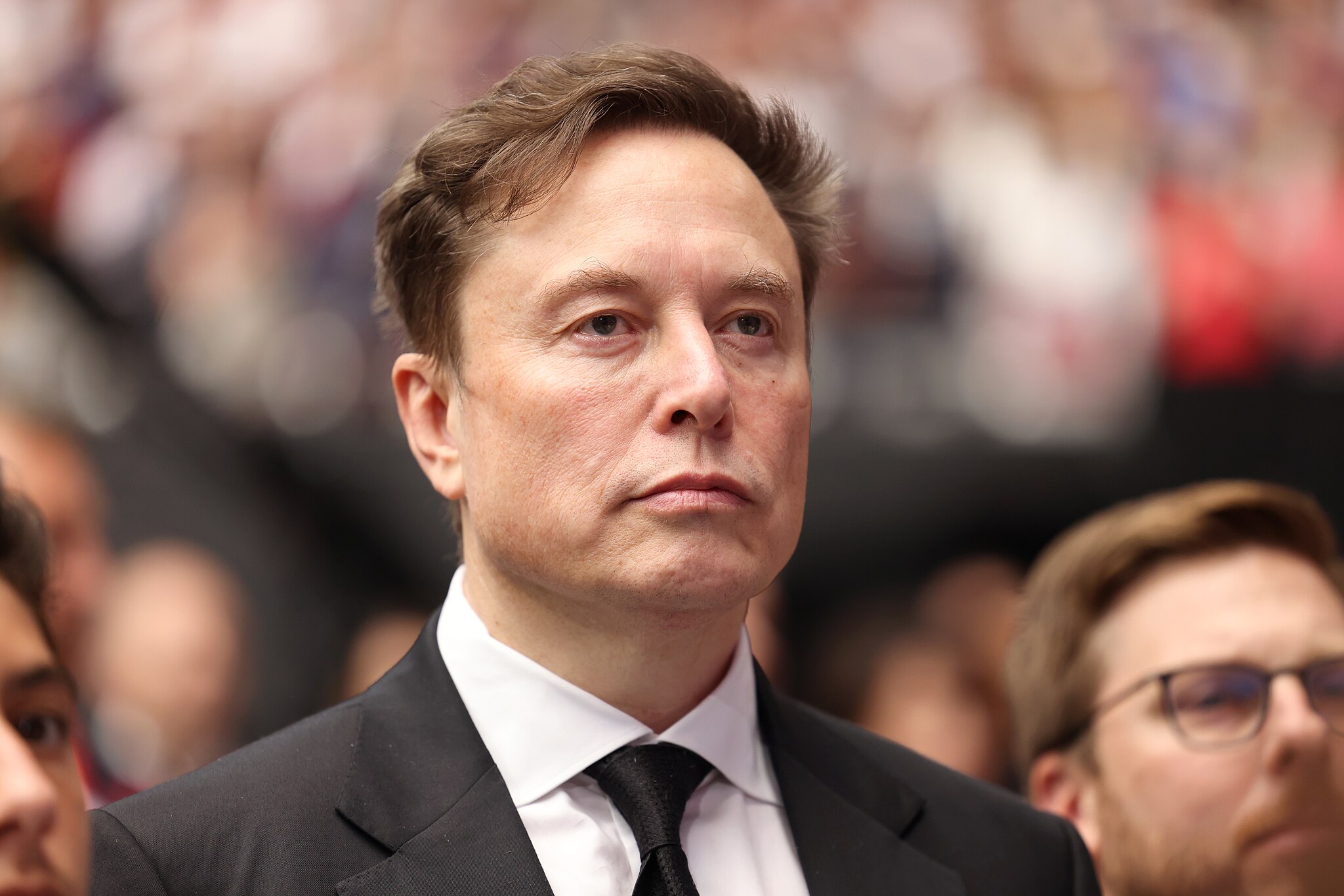
Elon Musk moved within reach of an unprecedented $800 billion net worth after private investors sharply increased the valuation of xAI Holdings, his artificial intelligence and social media company.
A newly confirmed $20 billion funding round valued the business at $250 billion, adding an estimated $62 billion to Musk’s fortune and widening his lead as the world’s wealthiest individual.
xAI’s valuation jump
Forbes confirmed that xAI Holdings was valued at $250 billion following its $20 billion funding round. That’s more than double the $113 billion valuation Musk cited when he merged his AI startup xAI with social media platform X last year. Musk owned roughly 49% of the combined company, which Forbes estimated was worth about $122 billion after the deal closed.
xAI’s recent valuation increase pushed Musk’s total net worth to approximately $780 billion, as per Forbes’ Real-Time Billionaires List. The jump represented one of the single largest wealth gains ever recorded in a private funding round.
Interestingly enough, xAI’s funding round also boosted the AI startup’s other billionaire investors. Saudi investor Prince Alwaleed Bin Talal Alsaud held an estimated 1.6% stake in xAI worth about $4 billion, so the recent funding round boosted his net worth to $19.4 billion. Twitter co-founder Jack Dorsey and Oracle co-founder Larry Ellison each owned roughly 0.8% stakes that are now valued at about $2.1 billion, increasing their net worths to $6 billion and $241 billion, respectively.
The backbone of Musk’s net worth
Despite xAI’s rapid rise, Musk’s net worth is still primarily anchored by SpaceX and Tesla. SpaceX represents Musk’s single most valuable asset, with his 42% stake in the private space company estimated at roughly $336 billion.
Tesla ranks second among Musk’s holdings, as he owns about 12% of the EV maker’s common stock, which is worth approximately $307 billion.
Over the past year, Musk crossed a series of historic milestones, becoming the first person ever worth $500 billion, $600 billion, and $700 billion. He also widened his lead over the world’s second-richest individual, Larry Page, by more than $500 billion.
News
Tesla Cybercab sighting confirms one highly requested feature
The feature will likely allow the Cybercab to continue operating even in conditions when its cameras could be covered with dust, mud, or road grime.
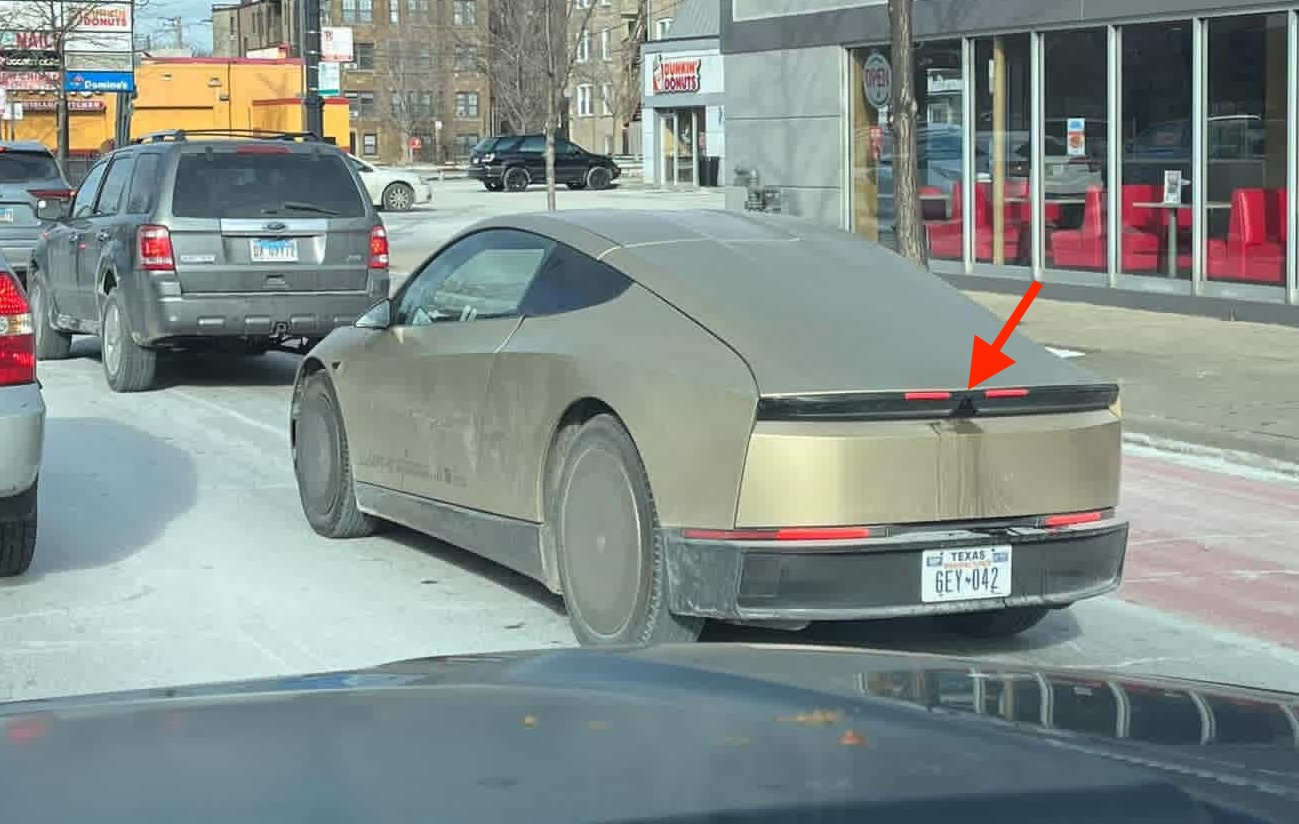
A recent sighting of Tesla’s Cybercab prototype in Chicago appears to confirm a long-requested feature for the autonomous two-seater.
The feature will likely allow the Cybercab to continue operating even in conditions when its cameras could be covered with dust, mud, or road grime.
The Cybercab’s camera washer
The Cybercab prototype in question was sighted in Chicago, and its image was shared widely on social media. While the autonomous two-seater itself was visibly dirty, its rear camera area stood out as noticeably cleaner than the rest of the car. Traces of water were also visible on the trunk. This suggested that the Cybercab is equipped with a rear camera washer.
As noted by Model Y owner and industry watcher Sawyer Merritt, a rear camera washer is a feature many Tesla owners have requested for years, particularly in snowy or wet regions where camera obstruction can affect visibility and the performance of systems like Full Self-Driving (FSD).
While only the rear camera washer was clearly visible, the sighting raises the possibility that Tesla may equip the Cybercab’s other external cameras with similar cleaning systems. Given the vehicle’s fully autonomous design, redundant visibility safeguards would be a logical inclusion.
The Cybercab in Tesla’s autonomous world
The Cybercab is Tesla’s first purpose-built autonomous ride-hailing vehicle, and it is expected to enter production later this year. The vehicle was unveiled in October 2024 at the “We, Robot” event in Los Angeles, and it is expected to be a major growth driver for Tesla as it continues its transition toward an AI- and robotics-focused company. The Cybercab will not include a steering wheel or pedals and is intended to carry one or two passengers per trip, a decision Tesla says reflects real-world ride-hailing usage data.
The Cybercab is also expected to feature in-vehicle entertainment through its center touchscreen, wireless charging, and other rider-focused amenities. Musk has also hinted that the vehicle includes far more innovation than is immediately apparent, stating on X that “there is so much to this car that is not obvious on the surface.”
News
Tesla seen as early winner as Canada reopens door to China-made EVs
Tesla had already prepared for Chinese exports to Canada in 2023 by equipping its Shanghai Gigafactory to produce a Canada-specific version of the Model Y.
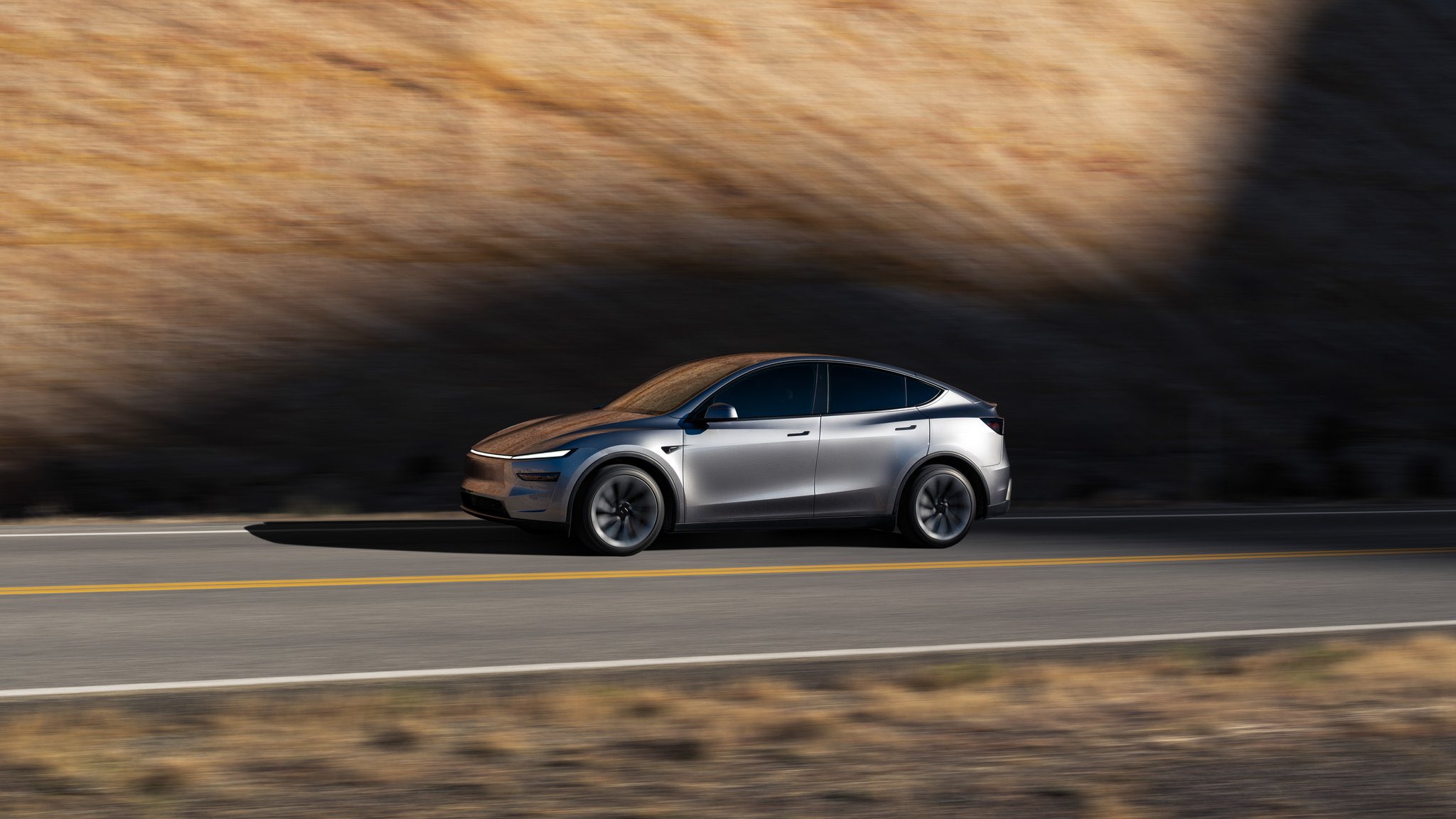
Tesla seems poised to be an early beneficiary of Canada’s decision to reopen imports of Chinese-made electric vehicles, following the removal of a 100% tariff that halted shipments last year.
Thanks to Giga Shanghai’s capability to produce Canadian-spec vehicles, it might only be a matter of time before Tesla is able to export vehicles to Canada from China once more.
Under the new U.S.–Canada trade agreement, Canada will allow up to 49,000 vehicles per year to be imported from China at a 6.1% tariff, with the quota potentially rising to 70,000 units within five years, according to Prime Minister Mark Carney.
Half of the initial quota is reserved for vehicles priced under CAD 35,000, a threshold above current Tesla models, though the electric vehicle maker could still benefit from the rule change, as noted in a Reuters report.
Tesla had already prepared for Chinese exports to Canada in 2023 by equipping its Shanghai Gigafactory to produce a Canada-specific version of the Model Y. That year, Tesla began shipping vehicles from Shanghai to Canada, contributing to a sharp 460% year-over-year increase in China-built vehicle imports through Vancouver.
When Ottawa imposed a 100% tariff in 2024, however, Tesla halted those shipments and shifted Canadian supply to its U.S. and Berlin factories. With tariffs now reduced, Tesla could quickly resume China-to-Canada exports.
Beyond manufacturing flexibility, Tesla could also benefit from its established retail presence in Canada. The automaker operates 39 stores across Canada, while Chinese brands like BYD and Nio have yet to enter the Canadian market directly. Tesla’s relatively small lineup, which is comprised of four core models plus the Cybertruck, allows it to move faster on marketing and logistics than competitors with broader portfolios.








